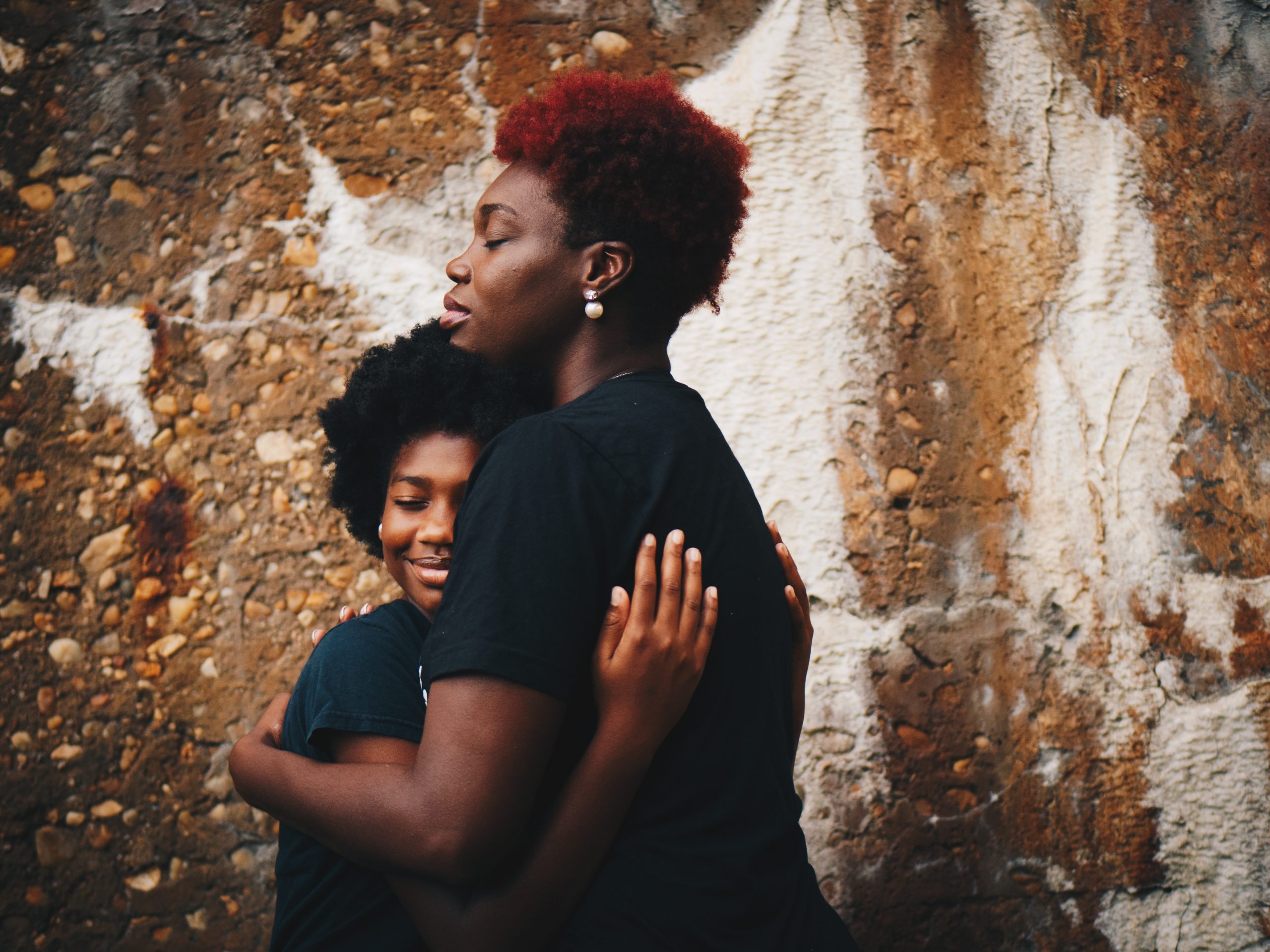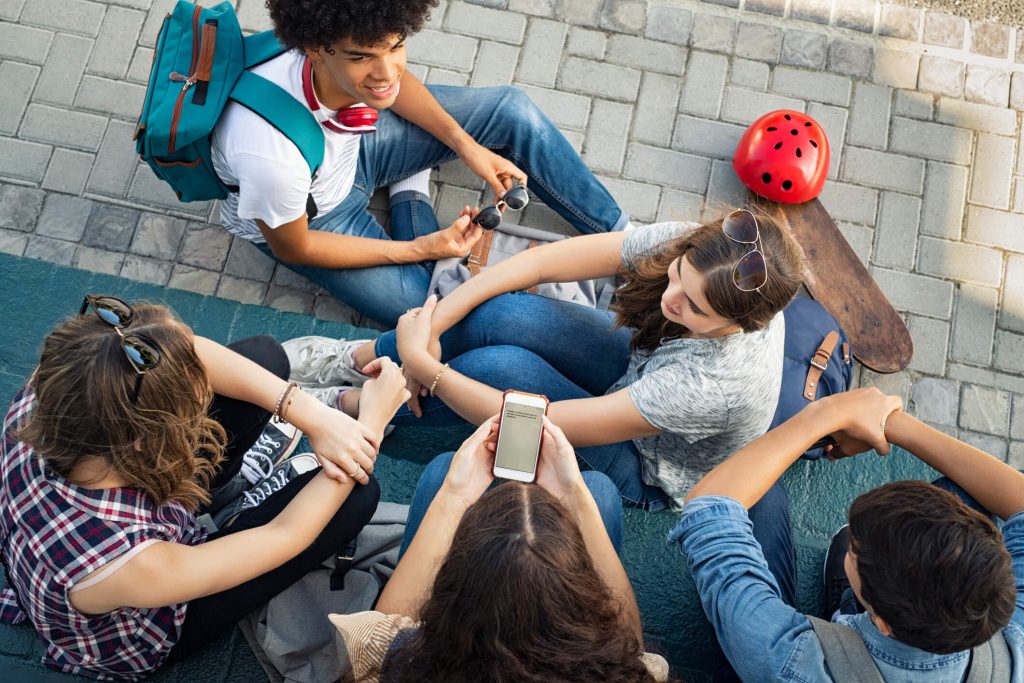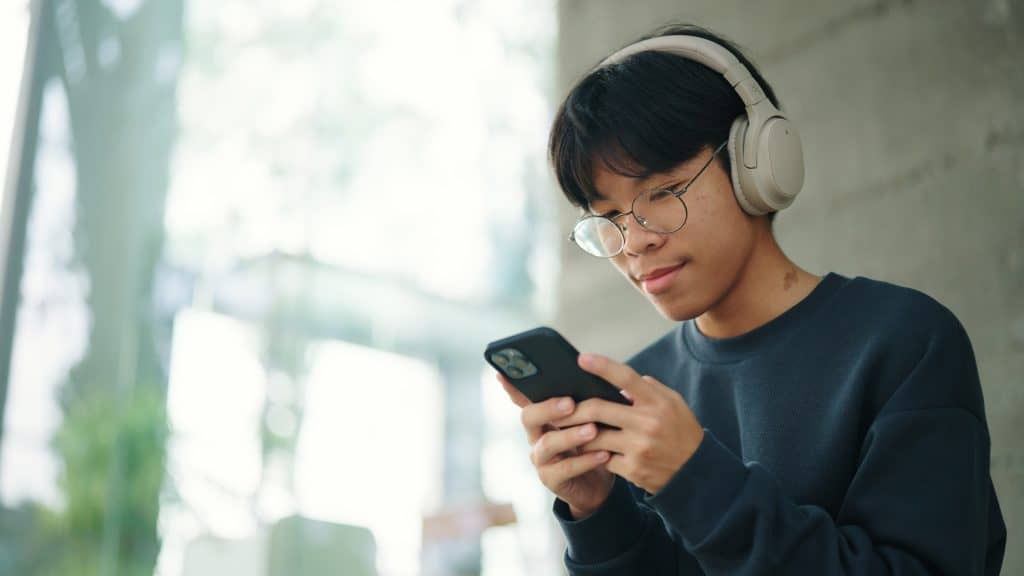“I first saw pornography at age 12 when I got a smart phone. I knew it was against God but I still viewed it when I was alone and didn’t let my parents know. My parents never addressed pornography directly, which is why I didn’t know how to stop myself. It was only when my youth pastor started mentoring me at around age 16 that I was able to start leaving pornography behind. He talked with me very directly and consistently about pornography, which is what finally helped.”
– Oto, age 19, 2019
Parents Fear Porn
Parents may feel uncomfortable having ongoing conversations about pornography with their children for many reasons. They may worry that awkward conversations like this will strain the relationship with their child. They could be in denial that their child would ever look at pornography. Sometimes we just feel too overwhelmed to add another parenting task to their list. None of these reasons, however, outweigh the need for ongoing conversations about porn with our kids.
My own story illustrates the need for frequent conversations about pornography. I was first exposed to pornography at age nine by a teenager from our church. I didn’t feel like I could ask my parents about it since they never talked about porn. My second exposure was at a sleepover a few months later. Soon, all the boys my age seemed to be finding pornography. Watching porn seemed normal, even though I knew it had to be wrong.
I was caught with pornography as an early teenager, and my dad finally talked to me. That one talk helped for maybe two weeks before I started viewing porn once more. Neither of my parents ever spoke about pornography with me again.
I was the model teenager in my youth group and read the Bible and prayed daily. However, I was also secretly viewing pornography at least once a week. I didn’t know how to resolve the conflict between my faith and actions, so I became quite depressed when I was alone with myself. My problem with porn only escalated when I left home and found myself with more freedom than ever.
I want to put this in perspective for today’s culture. The kind of porn I was exposed to was not nearly as accessible or graphic as the pornography being distributed today. Regardless, it was still very destructive to me. The effects of porn on a child’s brain are quite severe.
That being said, pornography is not something we can have one conversation about and hope our kids will be okay. So, why are so many parents avoiding it?
1. It’s Overwhelming
Many parents can feel overwhelmed at the prospect of talking to their children about pornography. Kids today are often involved in so many events that it is hard to get them where they need to be on time. We worry about all the things we need to teach them but are too busy to even think about how to start. We worry that we’ll never find the time to have the “important conversations” before the child grows up and moves out. Basically, we feel like we just can’t handle another item on our plate.
But, talking with our kids about pornography does not have to be overwhelming. There are more resources than ever to help us know what to say or even say it for us. This includes books, videos, podcasts, and blogs like the one you’re reading right now! These resources can do the majority of the teaching for us, and all we have to do is talk about what we learned together.
These conversations do not need to be squeezed into our schedule. We already talk with our kids a lot. We probably read books with them. We watch videos with them. All we need to do is change the topic of conversation, books, and videos every once in a while. This is not more work; it is different work.
2. “Not My Child”
I remember not wanting to believe that my child would ever look at pornography. However, I also remembered that I had been a model child on the outside and still looked at a lot of pornography before age 13. All kids are curious about sex, not just other people’s kids. It’s not fair to our kids to think they would never view pornography.
Even if a child really doesn’t want to see pornography, it is nearly impossible to avoid at least some form of exposure. If we have no internet access at home and give our child no phone, they will still be exposed somewhere by someone. Pornography is so pervasive that all children today are exposed to it.
We don’t need to be anxious about this because we can do something to help them.
3. It Might Damage Our Relationship
Talking about pornography might feel uncomfortable at first, but that is mainly our problem as parents. The professionals I work with have found that most kids are more comfortable than their parents in talking about pornography. In fact, in a 2019 survey of teenagers[1], 82% of teens said the best delivery system for a teenager to learn about sex and the effects of pornography would be with a parent or trusted adult.
The primary fear that kids have is that they might be punished for the questions they want to ask or what they admit to having already seen. One 15-year-old boy in the survey said, “We just want to have a punishment-free conversation.” Did you get that? He said, “want.” Most kids want to talk about this with someone.
The problem isn’t with our kids. We are the ones most afraid to talk. My son, now 21, laughs today at how nervous I looked when I first talked to him about pornography. So, yes, I know how it feels to be afraid to talk.
Even if there is discomfort at first, that does not mean a conversation will damage our relationship. We have found that the parents and children who do talk more often about pornography develop a deeper relationship, not a strained one.
It is also important that these conversations are honest, on both sides. We as parents should be just as honest about our past as we are asking our children to be.
Related Blog: Parents Make Little Headway in Porn Prevention Without Honesty
Start Talking Today
I will admit that the thought of having ongoing conversations about porn with our kids can feel scary. That does not mean it’s hard after we get started. It gets consistently easier and more comfortable.
The good news is you don’t have to know what to say to get started these days. There are books and videos to read or watch together that start the conversation for you (see below). The damage that pornography will do to our children is simply too great not to do this.
To be completely honest with you, however, I am most excited about how much these conversations help families grow closer together. When my wife and I started to talk about pornography and related issues with our son and daughter, we each talked about our feelings related to them. We all talked about where we had come across pornography and how it made us feel. Those become very personal conversations and we came to know each other at a much deeper level. Our relationship with our kids rose to a new level once these conversations started.
Many parents have told me the same thing. One dad told me how after they started these conversations at home, one of his sons said he wanted dad to tuck him in at night now. His dad was surprised that his son used that time to ask questions about sex and pornography and what his son was feeling related to each. Bedtime became a father-son bonding time to talk about very personal things. Dad opened the door to conversation and discovered his son had a lot to say and ask.
Ongoing conversations about pornography and sex can be one of the greatest ways for a parent and child to build relationship. I long to see more families experience this kind of closeness. This is seriously powerful stuff.
Books to read with your kids to continue the conversation:
- Good Pictures Bad Pictures: Porn-Proofing Today’s Young Kids.
- How to Talk to Your Kids about Pornography
- When Your Child is Looking at Pornography
- Father-Son Accountability: Integrity Through Relationship
Videos to watch with your kids:
- Brain Heart World: A 3-Part Documentary on the Effects of Porn
- Father + Son: Talk about Sex (and pornography)
[1] Youth Survey on Sex Education, Be Broken Ministries, March, 2019.








0 comments.